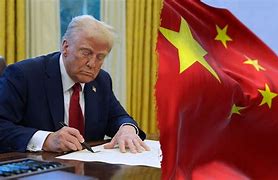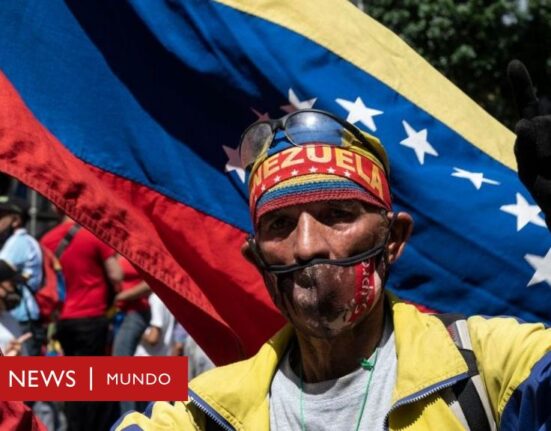United States President Donald Trump recently took to his Truth Social platform to express his frustration with China, accusing the nation of breaching an agreement related to tariffs on critical minerals. In a fiery post, Trump claimed that China had violated the terms of a deal that aimed to reduce trade restrictions and tariffs for both countries. According to Trump, this agreement was crucial in averting what he described as a “very bad situation” for Beijing.
“I made a fast deal with China to save them from a grave economic danger,”
Trump stated. The President highlighted the significance of backing away from triple-digit tariffs for 90 days as a means to alleviate pressure on China’s economy. He emphasized that his own tariffs on Chinese imports, reaching up to 145 percent, had severely impacted trade between the two nations, leading to factory closures and civil unrest in China.
In his social media post, Trump did not hold back in criticizing China’s alleged violation of the agreement. He wrote,
“China, perhaps not surprisingly to some, HAS TOTALLY VIOLATED ITS AGREEMENT WITH US.”
This statement underscored the escalating tensions between the world’s two largest economies regarding trade practices and agreements.
The specifics of how exactly China breached the terms set during their talks in Geneva were not disclosed by Trump. However, he hinted at potential discussions with Chinese President Xi Jinping to address these issues. Trump’s deputy chief of staff, Stephen Miller, also weighed in on the matter by stating that China’s failure to meet its obligations could prompt various actions from the United States.
Miller expressed hope that China would reciprocate by opening its markets further to American businesses—an aspect he felt had been one-sided for too long. Meanwhile, the Chinese embassy in Washington clarified that communication channels with US counterparts remained open following the Geneva discussions but raised concerns about recent US export controls targeting semiconductor technologies.
Amidst these developments, reports emerged suggesting that US firms providing software for semiconductor design were instructed by the Trump administration not to engage with Chinese entities—a move indicative of heightened scrutiny over certain exports. The Department of Commerce confirmed ongoing reviews of strategic exports bound for China while emphasizing national security considerations.
In response to what was perceived as non-compliance from Beijing’s end post-Geneva agreement, President Trump announced plans for tariff hikes on steel imports. These escalations came shortly after global markets experienced relief following initial tariff reductions under the recent deal with China.
Despite efforts made as part of this agreement—such as easing restrictions on critical metals essential for various industries—the road towards full compliance seemed bumpy according…









Leave feedback about this